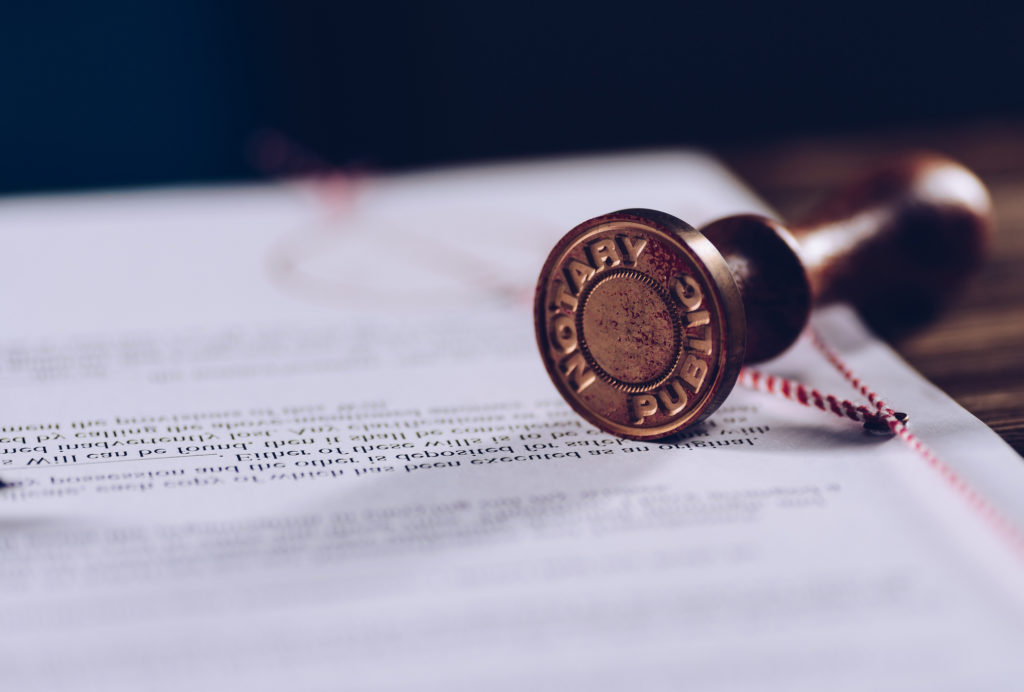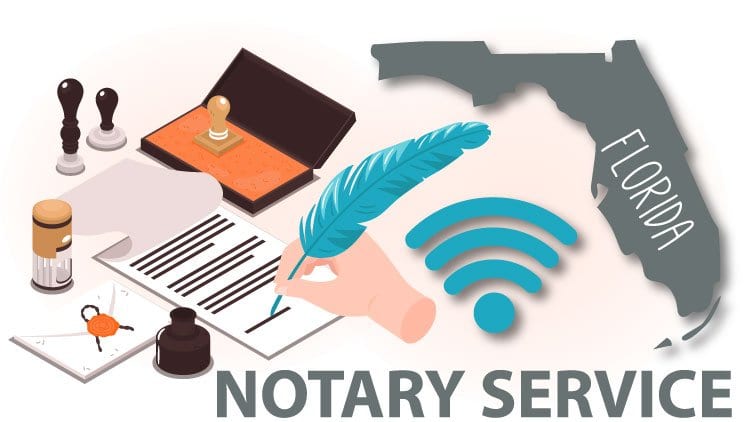Experienced Conveyancer: Navigating Residential Property Transfers with Expertise
Experienced Conveyancer: Navigating Residential Property Transfers with Expertise
Blog Article
Debunking Notarial Work: Simplifying the Duty and Value of Notaries
In the detailed internet of legal documentation and verification, notaries stand as pillars of guarantee and credibility. Their function, frequently shrouded in mystery for lots of, lugs considerable weight in making sure the legitimacy and stability of critical records. As guardians of validity and fact, notaries play a pivotal part in our culture, yet their job is not always completely comprehended. By unraveling the intricacies losing and bordering notarial methods light on the relevance of their acts, a more clear understanding emerges of the crucial role notaries play in maintaining the material of contractual and lawful contracts.
The Background of Notarial Work
The background of notarial work dates back to ancient worlds, where scribes played an important role in recording important information and authenticating documents. This led to the advancement of notaries, individuals selected by the state to act as unbiased witnesses in legal matters.
During the Middle Ages, notaries obtained prominence in Europe, with their features broadening to consist of drafting legal papers, licensing trademarks, and maintaining documents. The increase of global profession further stressed the value of notarial job in validating contracts and contracts across borders.
In the modern era, notaries remain to play an essential function in lawful and service deals by validating identities, validating the authenticity of documents, and preventing fraudulence. Their role in licensing the credibility of agreements adds a layer of safety and trust fund to the ever-evolving landscape of commerce and legislation.

Obligations and Responsibilities of Notaries
The historic evolution of notarial work from ancient worlds to the contemporary age has shaped the unique obligations and obligations that notaries maintain in legal and organization purchases today. Notaries play a crucial duty in validating the credibility of papers and the identity of signatories. Among their key responsibilities is to witness the signing of important papers, such as contracts, deeds, and wills, to guarantee that all events are becoming part of agreements knowingly and willingly. Notaries likewise confirm that signatures are of audio mind and not under pressure or browbeating.
They certify copies of original papers, supplying guarantee to institutions that the copies are true reproductions of the originals. Overall, the responsibilities and obligations of notaries are necessary in safeguarding the stability and validity of different papers and transactions - Notary.
Notarial Certificates and Signatures
Exhibiting thorough interest to detail, notarial certificates and trademarks offer as necessary parts in verifying the credibility of legal documents. Notarial certificates generally contain crucial info such as the date of registration, the names of the notaries, a summary of the document, and the notary's official seal. These certifications provide a clear record of the notarial act, making certain look at this site that the record can be easily identified and mapped back to the notary that oversaw the procedure.
Signatures play a pivotal duty in notarial job, as they signify the contract and authorization of the parties included. Notaries very carefully witness the signing of documents to validate the identification of the signatures and validate that they are signing of their own totally free will. By affixing their official seal and signature to the file, notaries certify that the essential treatments have been adhered to which the file is legitimate and enforceable.
Basically, notarial certificates and trademarks are the hallmark of authenticity in lawful purchases, providing guarantee to all events included that the papers are genuine and binding.
Significance of Notarial Acts
Notarization Refine Explained
The notarization process normally starts with the specific providing the paper to a notary public. Once the identification is confirmed, the notary ensures that the private authorizing the file does so voluntarily and without any kind of threat.

Conclusion

Notarial certificates normally contain essential details such as the date of notarization, the names of Homepage the signatories, a description of the paper, and the notary's main seal. These certificates provide a clear record of the notarial act, guaranteeing that the paper can be quickly identified and traced back to the notary that oversaw the procedure.
By affixing their main seal and trademark to the document, notaries accredit that the necessary treatments have actually been followed and that the file is enforceable and valid.
By confirming the identification of the signatories, validating their desire to get in into the arrangement, and accrediting the day and place of the signing, notaries play an essential duty in supporting the validity of lawful files.After the record is authorized, the notary will certainly fasten their official seal or stamp onto the file.
Report this page